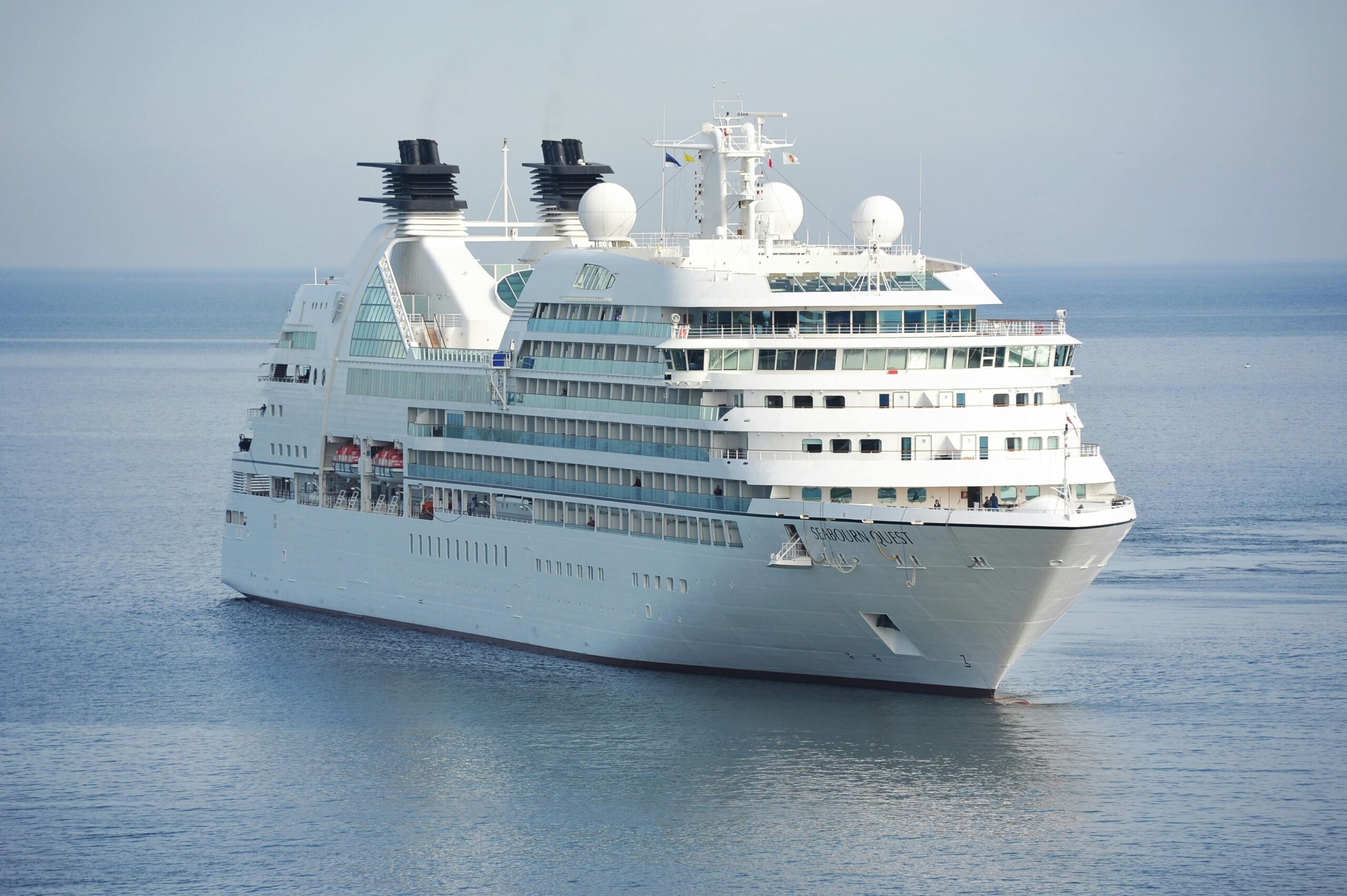Shipping news
January 25, 2019
The purpose of this Notice is to update the Merchant Shipping Directorate’s previous Technical Notice SLS.30 regarding the on-board use of graphical symbols on Fire Control Plans.
To read the complete Technical Notice SLS.30 Rev.1, click here.
Should you have any questions concerning this matter, please contact Dr Jotham Scerri-Diacono at Ganado Advocates.



